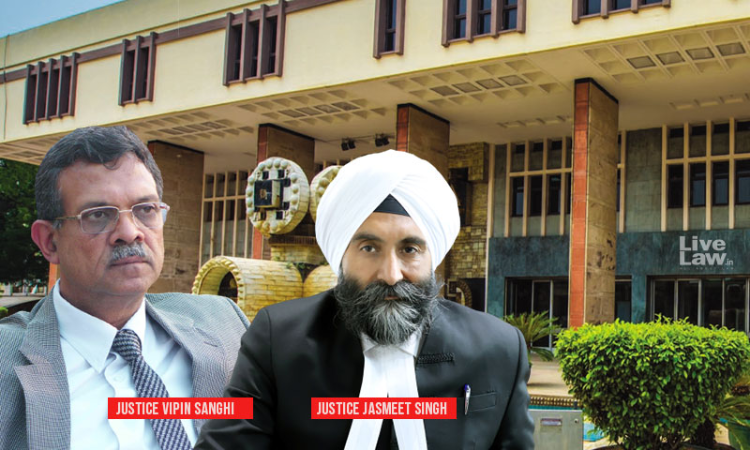Delhi High Court To Examine If The 'Street Vendors Act' Compromises With The Aspects Of Planned Development Of Cities/Towns
Sparsh Upadhyay
2 Oct 2021 2:05 PM IST

Next Story
2 Oct 2021 2:05 PM IST
The Delhi High Court on Thursday decided to examine if the Street Vendors (Protection of Livelihood and Regulation of Street Vending) Act, 2014 compromises with the aspects regarding planned development of cities and towns, as it observed that the Act is heavily tilted towards the Street Vendors. "In our prima facie view, it appears to us that the scheme of the Street Vendors Act and the...
